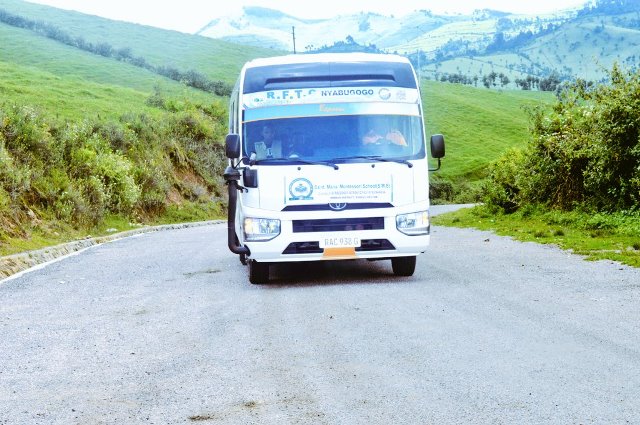If you are a road user and vehicle owner in Rwanda, you could start paying a bit more for fuel and registering your vehicle—but it is all part of a national plan to improve roads and transport systems.
The government has introduced new infrastructure-related taxes as part of the 2025 tax reform to help raise money for building and maintaining roads. These new taxes will affect everyone who uses or owns a car, truck, or motorcycle—whether you drive for business or personal use.
- New Fuel Levy: What’s changing?
Before: Rwanda had a fixed fee of Rwf 115 per litre of fuel.
Now: That fee is being replaced with a 15% tax on the CIF value of fuel (CIF = Cost, Insurance, and Freight—basically, the price of fuel when it arrives in the country).
What does this mean for you?
If fuel prices go up globally, the tax you pay in Rwanda will also go up. So, you may pay more at the pump, but the money collected will go directly to repairing old roads, building new ones, and making transport smoother and safer.
- Higher Vehicle Registration Fees
The government is also increasing the vehicle registration fees—these are the costs you pay when you register a new or imported car, including electric vehicles.
What does this mean for you?
Whether you are buying a new car or importing a used one, you will pay a higher fee to register it. This also helps the government collect more money to invest in better roads and traffic systems across the country.
Why is this happening
According to the new tax reforms, the government needs more money to:
- Fix damaged roads
- Build better roads in cities and rural areas
- Support transport services in growing communities
- Reduce accidents and traffic congestion
So instead of borrowing more money from other countries, Rwanda wants to use its own fuel and car taxes to fund these improvements. The move is part of the country’s second long-term National Strategy for Transformation plan (NST2).
How will this help you?
If these taxes are used well, you will benefit in the long run through:
- Smoother and safer roads
- Faster travel times
- Lower car maintenance costs (good roads mean less damage to your vehicle)
- More job opportunities in construction and transport
But Be Ready for Higher Costs
These changes also mean:
- Fuel prices might increase
- Buying and registering a vehicle will be more expensive
- Public transport fares might rise as transport companies adjust to new costs
Yes, you may start paying more to drive in Rwanda—but this is an investment in better roads and a safer transport system for everyone.
As a road user, your contribution through fuel and registration taxes will directly support national development and reduce reliance on foreign aid. It is all part of building a stronger, more connected Rwanda, according to Finance Ministry.
